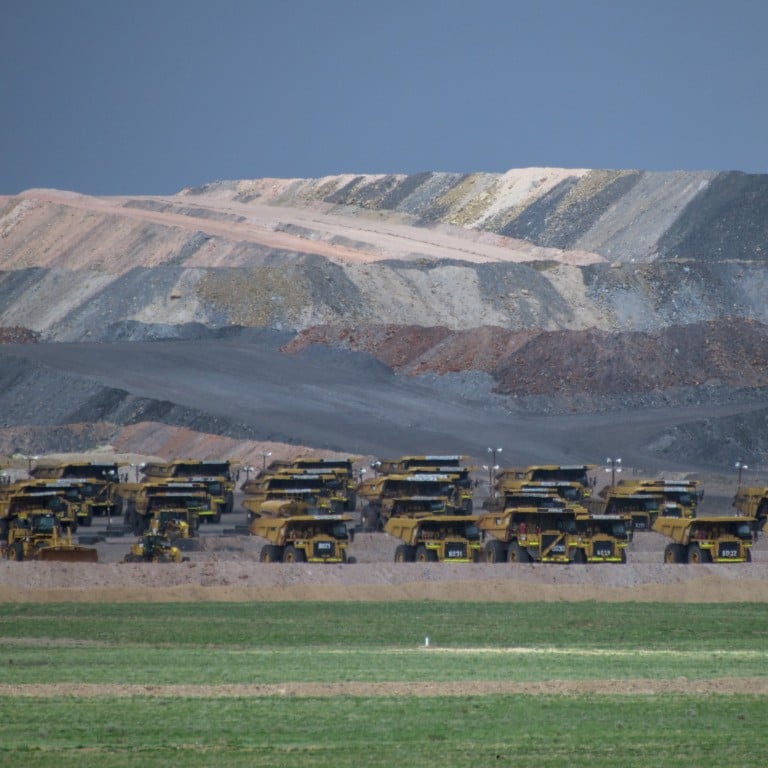
China’s top coal supplier Mongolia switches to auctions to fetch top dollar from its exports
- Mongolia plans to sell 12 million tons of coal via auction by July, said mining minister Ganbaatar Jambal
- The government intends to use auctions for all its coal sales – including the coking variety for steel mills and thermal coal for power plants – in 2024 and 2025
Mongolia, the biggest supplier of coal to China’s steel industry, is changing the way it sells its product in a bid to improve transparency and reap better returns from its top export earner.
Stung by a scandal last year that saw hundreds of thousands of tons pilfered from state stockpiles on the border, the government is moving to an auction system that will replace the long-term contracts favoured by Chinese buyers and impose additional transport costs on customers. Beijing has sought to expand its coal trade with Mongolia in recent years, particularly after halting shipments from Australia, formerly its No. 1 supplier of the higher-grade mineral required for blast furnaces.
Mongolia’s mining minister, Ganbaatar Jambal, told local media last week that the goal is to sell 12 million tons via auction by July. The government intends to use auctions for all its coal sales – including the coking variety for steel mills and thermal coal for power plants – in 2024 and 2025, according to an emailed response to questions.
China is by far the biggest buyer of Mongolian goods. Coking coal imports from its northern neighbour amounted to nearly 26 million tons last year – 40 per cent of total purchases. The new auction system also coincides with a rapprochement in Beijing’s relations with Canberra, which has seen Australian coal shipments resume after being banned since late 2021.
That presents a risk to Mongolian miners as Chinese buyers will now have more options. Moreover, long-term contracts also protect sellers from price fluctuations, and the prospects for China’s steel industry are uncertain. Mongolia may be betting on a return to growth after Beijing abandoned its Covid Zero restrictions, but the property sector, the biggest user of steel in China, remains under duress.
Sales listed so far on the Mongolian Stock Exchange, which is hosting the auctions that began this month, have totalled 128,000 tons, according to the bourse’s website.

